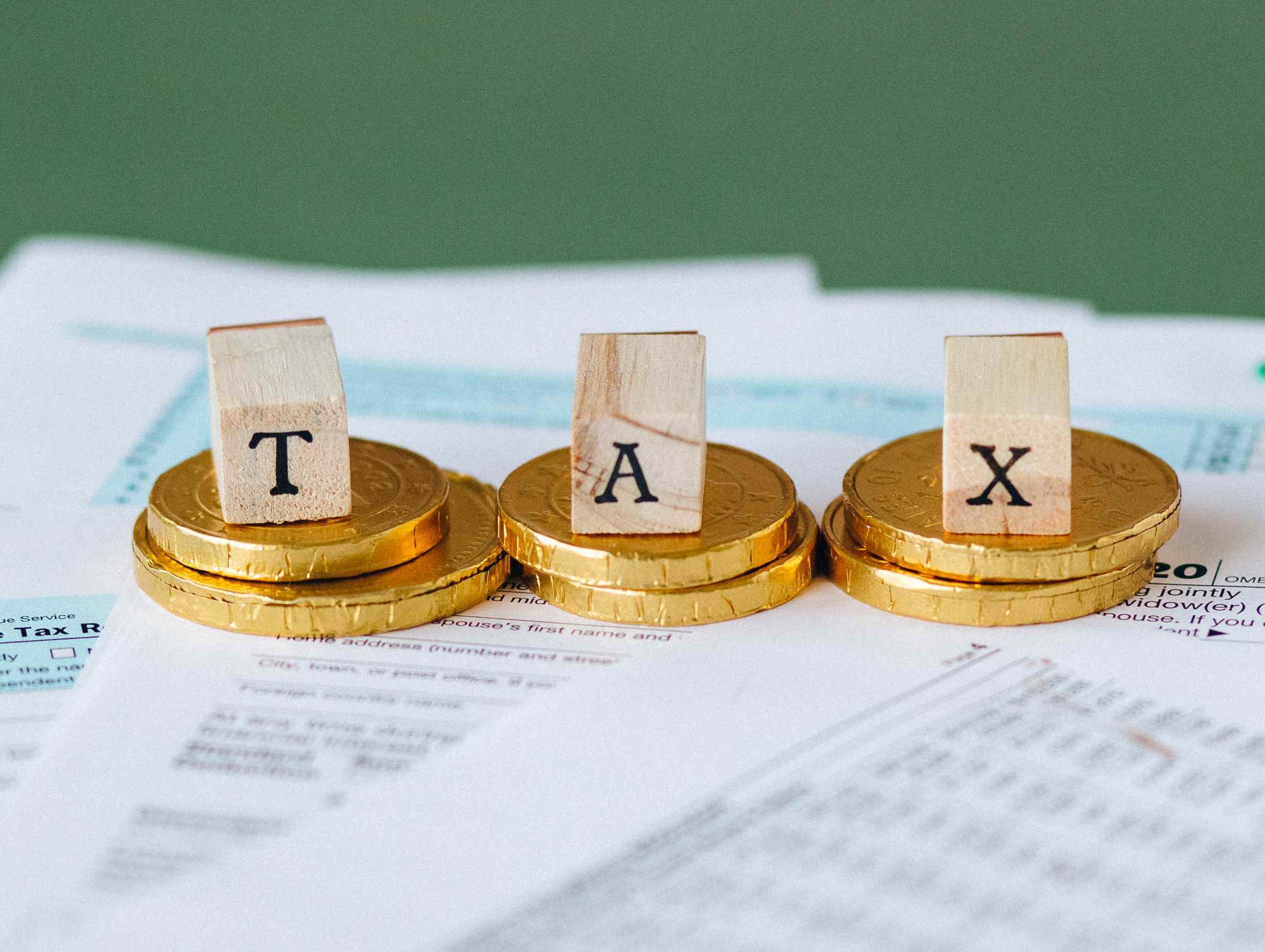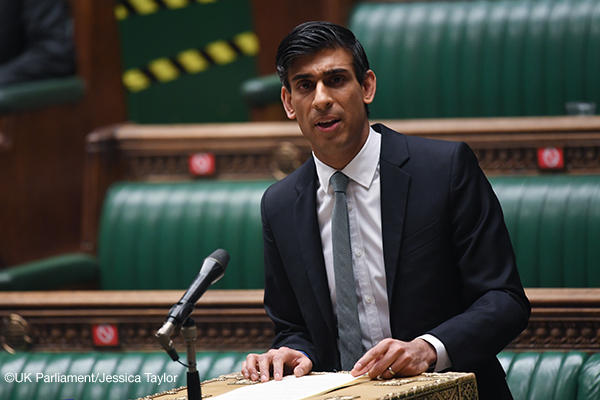What is furloughing employees and what does it mean for businesses?
March 26th 2020 Article
26 March 2020
The Coronavirus Job Retention Scheme has been announced by The Government to help business pay the wages of staff who would otherwise have been laid off as a result of Coronavirus. This article summarises what we know so far and the key unanswered questions.
What is furloughing?
Furloughing involves keeping workers on the payroll instead of dismissing them as redundant or putting them on unpaid lay-off. HMRC has stated that it will reimburse 80% of furloughed workers’ wage costs, up to a cap of £2,500 per worker per month (the equivalent of £30,000 per year).
What we know
- The scheme will be available to all UK employers, of any size and in any sector.
- This will involve keeping those workers on the payroll instead of dismissing them as redundant or putting them on unpaid lay-off.
- Workers cannot do any work for an employer that has furloughed them.
- The employer can top-up the 80% HMRC payment but does not have to do so.
- The scheme will be backdated to 1 March 2020 and run for three months from that date. It will be extended if necessary.
- The system will be managed through an online portal being set up by HMRC.
What we don't yet know
- We don’t have final confirmation on whether the £2,500 cap is gross or net. Although media is reporting that it is most likely to be gross, this is not confirmed at time of writing.
- What is meant by laid off? The scheme applies to workers who would otherwise have been “laid off” – but it is not clear what laid off means in this context.
- Do all workers need to consent to being furloughed, or can the employer impose furloughing without agreement in some cases?
- If there is some work to be done by some employees, how will employers choose which employees are to be furloughed? Otherwise, employers may need to consider a process of calling for volunteers, pooling and selection – as with a redundancy process. There is a risk of claims (including discrimination claims) if the process is not handled correctly.
- Self-employed independent contractors (who are not PAYE) will not be able to benefit from the scheme. The government has issued a separate package of support for self-employed people involving the relaxation of rules around universal credit and the minimum income floor.
What's next
The scheme is welcome news for the many businesses now struggling to cope with the Coronavirus crisis. Nonetheless, there are currently many unanswered questions and employers will need to wait a little while longer for more clarity before planning their approach.
























